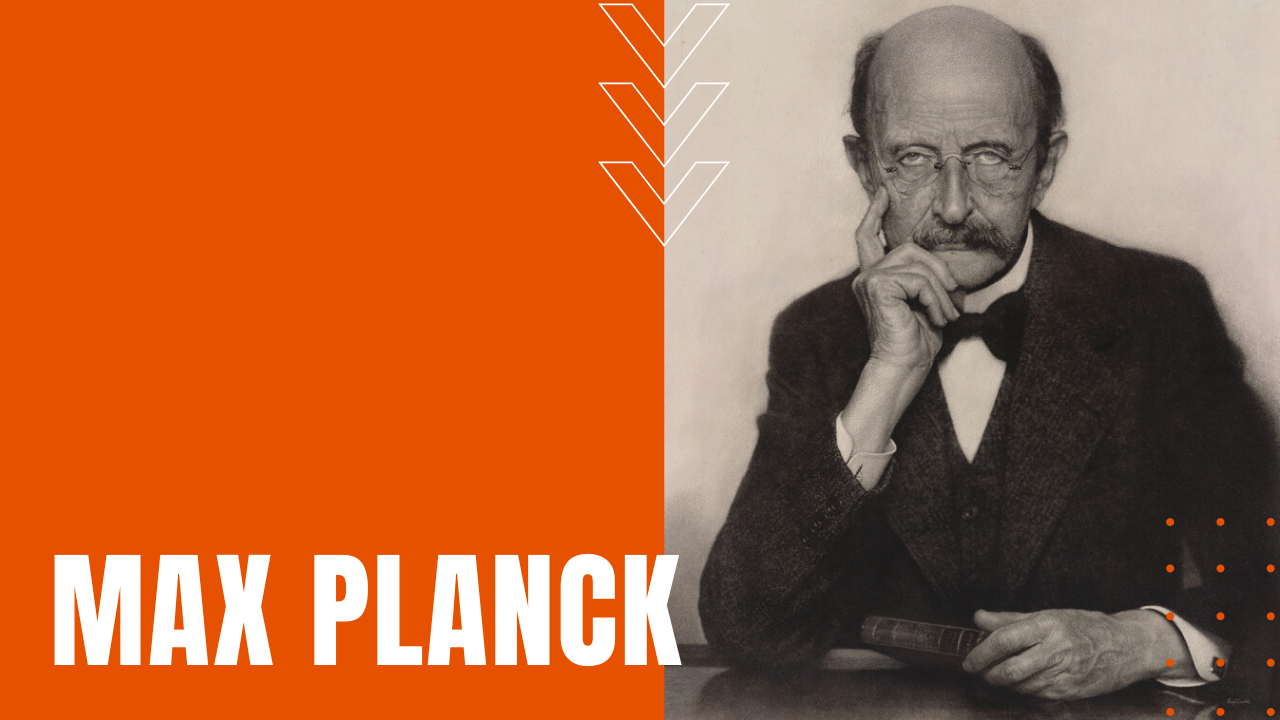Max Planck

Born in 1858 Kiel Germany, Max Planck grew up in a family of intellectuals, soon becoming proficient in both academics and music, both on the piano, organ and cello. Moving to Munich when Planck was nine, he was exposed to mechanical physics, astronomy and mathematics under the tutelage of mathematician Hermann Müller.
Drawn to Physics
Graduating high school at 17, Planck entered the University of Munich in 1874, where he focused on theoretical physics. Matriculating to the University of Berlin in 1877 to study under physicists Gustav Kirchhoff and future close friend Hermann von Helmholtz, Planck earned the second highest degree then available in Europe, followed by his habilitation in 1880, which was then the highest degree attainable Europe.
Treatise on Thermodynamics
After lecturing at Munich for a number of years, Planck became an associate professor of theoretical physics at the University of Kiel, publishing his Treatise on Thermodynamics in 1887, while furthering his work on electrolytic dissociation and entropy, the later regarded at the time as, in his words, “a mathematical spook.” Becoming a full professor in 1892 at the University of Berlin, two years later, Planck focused on the problem of black-body radiation first proposed by Kirchhoff in 1859, which questioned why the intensity of electromagnetic radiation emitted by black bodies known as cavity radiators depended on the frequency of the radiation and the temperature of the body.
Planck’s Postulate & Constant
Employing what is now known as Planck’s Postulate and Planck’s Constant, Planck showed how the behavior of gases could also be used to identify a relationship between temperature and color within a filament light bulb, which in turned challenged then principles of physics that objects existed in a specific place at a specific time.
Wins Nobel Prize
By 1900, Planck’s new quanta theory of how objects existed in a haze of probability fluctuating between particles and waves would award him in the Nobel Prize in physics in 1918. Aged 74 when Hitler came to power in 1933, under Planck’s leadership of the Kaiser Wilhelm Society, which was a fraternal gathering of Germany’s brightest academics, issued a public proclamation against the Nazi’s treatment of Jews and Jewish professors in particular, arguing that the forced deportation of Jews would crush Germany’s dominance in the sciences.
Loses his Son
After his son’s 1944 execution for his participation in the July 20 plot to assassinate Hitler, gutted of any will to live, Planck passed away in Gottingen on October 4th, 1947, making the life and achievements of Max Planck, the penultimate founding father of modern quantum physics.
